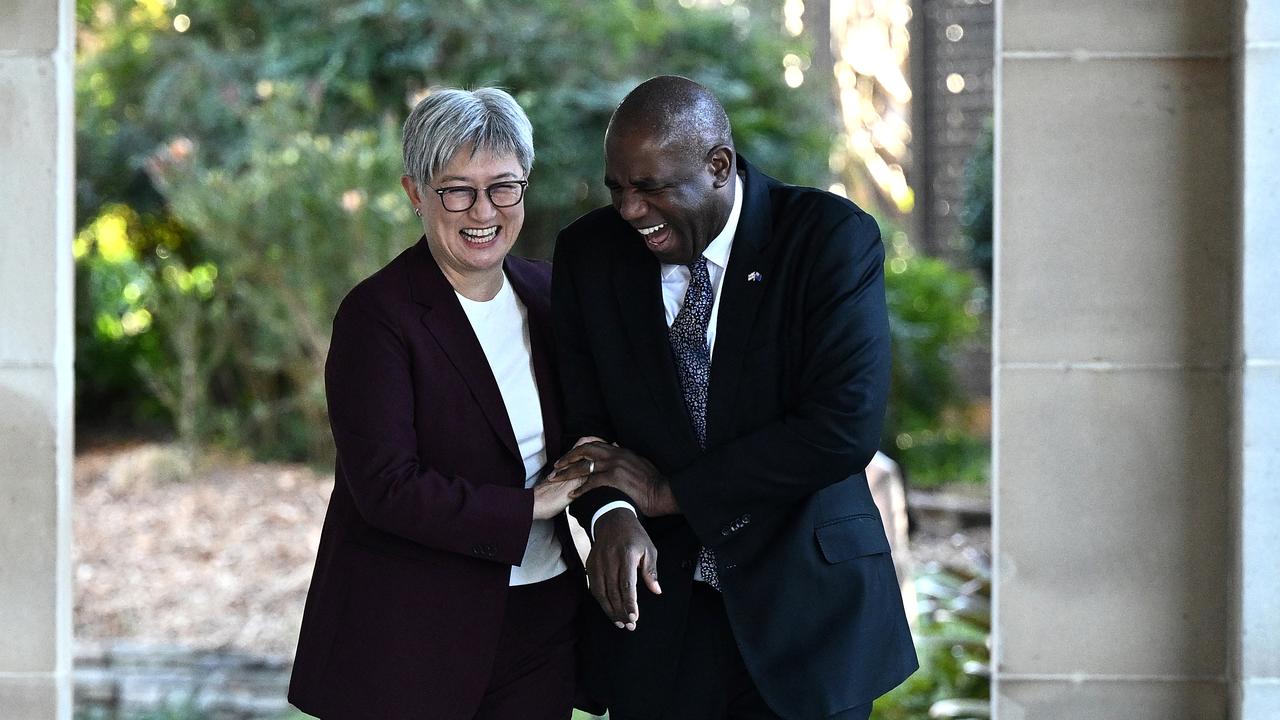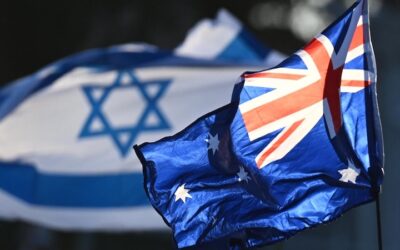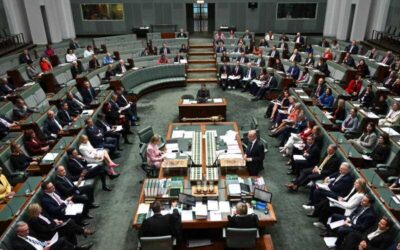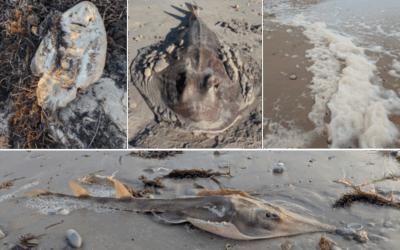Australia and the UK are pledging a half-century alliance, shifting the two nations closer together while the US wavers in its support for a crucial nuclear submarine program.
A 50-year treaty to underpin the three-nation security pact will be signed after Foreign Minister Penny Wong and Defence Minister Richard Marles meet their counterparts for talks in Sydney.
The AUKUS security partnership involves the US, UK and Australia, but the fresh treaty is only between London and Canberra.
In opening remarks with UK leaders, Mr Marles said the two nations’ relationship might be Australia’s most important partnership.
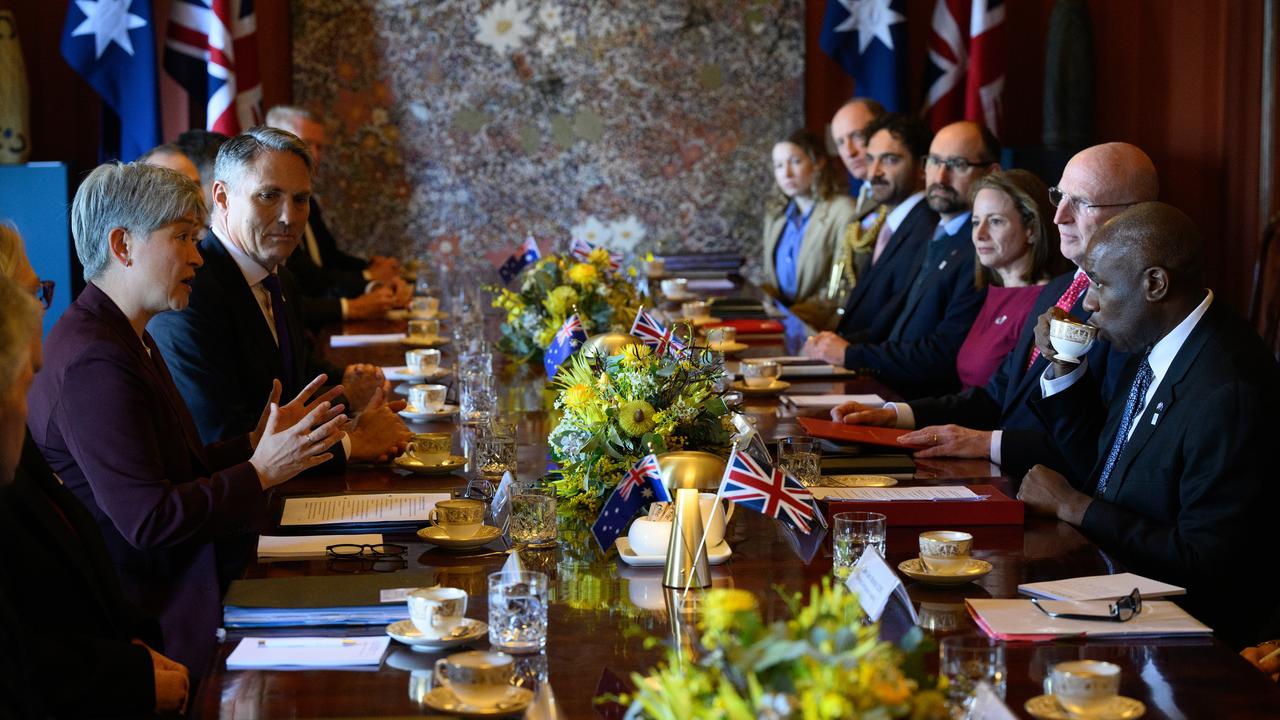
“We are living at a time (when) the world is volatile, there is a great power contest,” he said on Friday.
UK Foreign Secretary David Lammy also spoke of the “challenging” global circumstances, including the war in Ukraine and conflicts in the Middle East.
“We rely on each other in so many ways and obviously, combined, we are part of a system that gives us tremendous intelligence capability and military capability,” he said.
While negotiations over the defence agreement were flagged before US President Donald Trump took power, the document’s inking shows the UK and Australia are strengthening ties in the face of American tariffs and the Pentagon’s yet-to-be-completed AUKUS review.
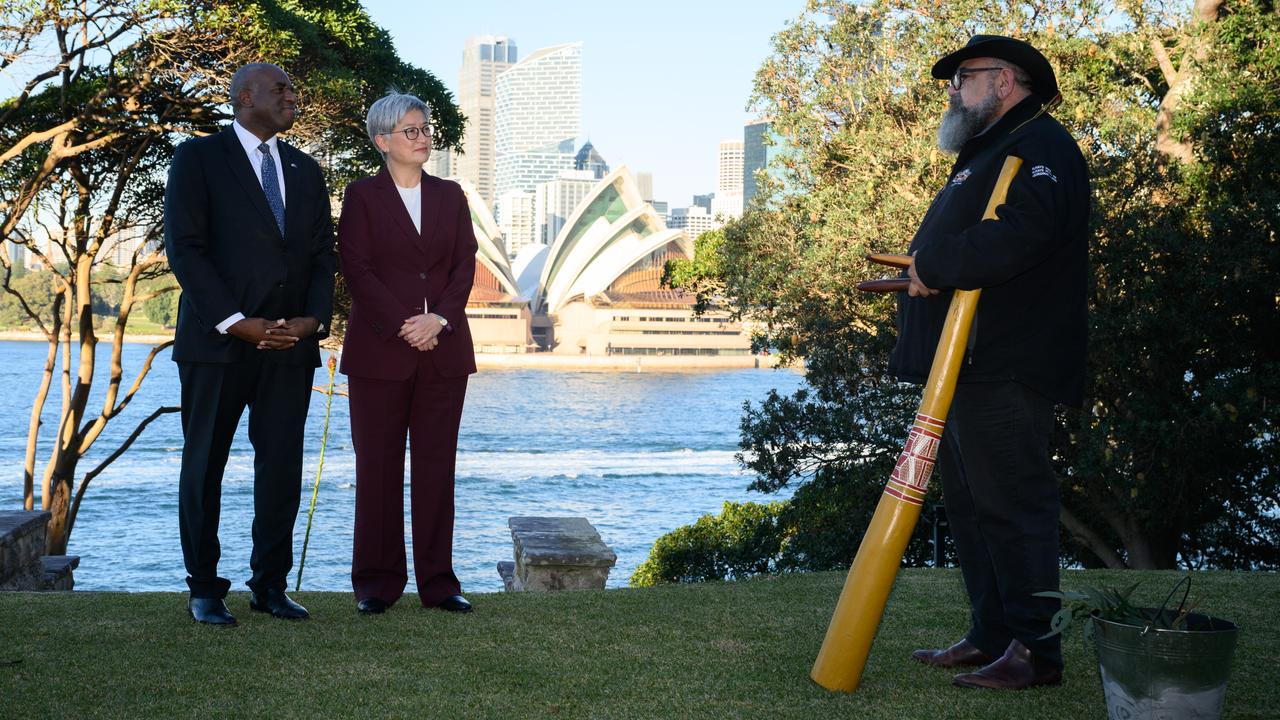
The bilateral treaty will facilitate greater economic co-operation between the two nations by improving both countries’ industrial capacity.
As part of the existing defence agreement, Australia will pay $5 billion to support British industry to design and produce nuclear reactors to power the future AUKUS-class submarines.
Under the $368 billion AUKUS submarine program, Australia is set to be sold least three Virginia-class nuclear-powered submarines from the US in the early 2030s.
The new AUKUS-class nuclear submarines will be built in Adelaide and delivered in the 2040s.
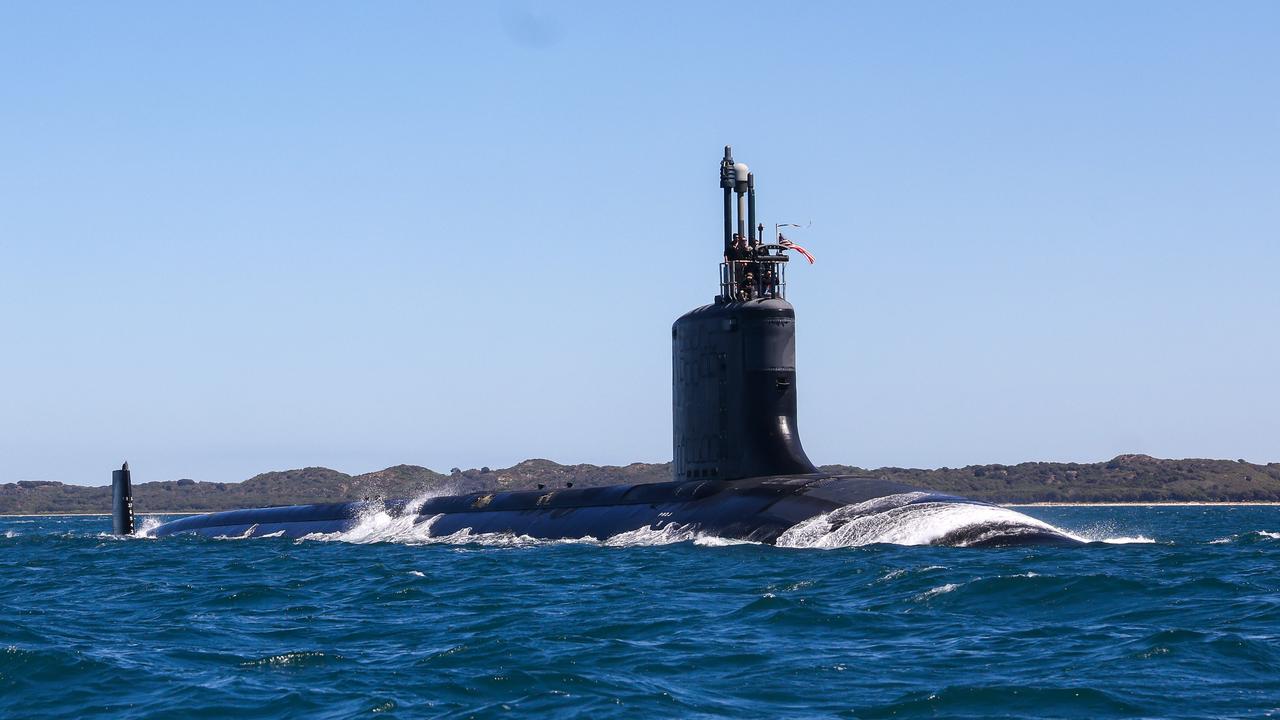
But the planned sale of US-built boats has been up in the air since the Trump administration launched a review of the deal to examine whether it aligns with his “America first” agenda.
Defence analysts believe a likely outcome of the US review will be a request for more money from Australia to support its submarine industrial base.
Australian Strategic Policy Institute senior analyst Alex Bristow said holding ministerial meetings every six months, rather than the traditional annual timeline, highlighted strengthened ties between the two nations.
“The tempo of it increasing, I think, is a signal that Britain is moving into an elite category,” he told AAP.
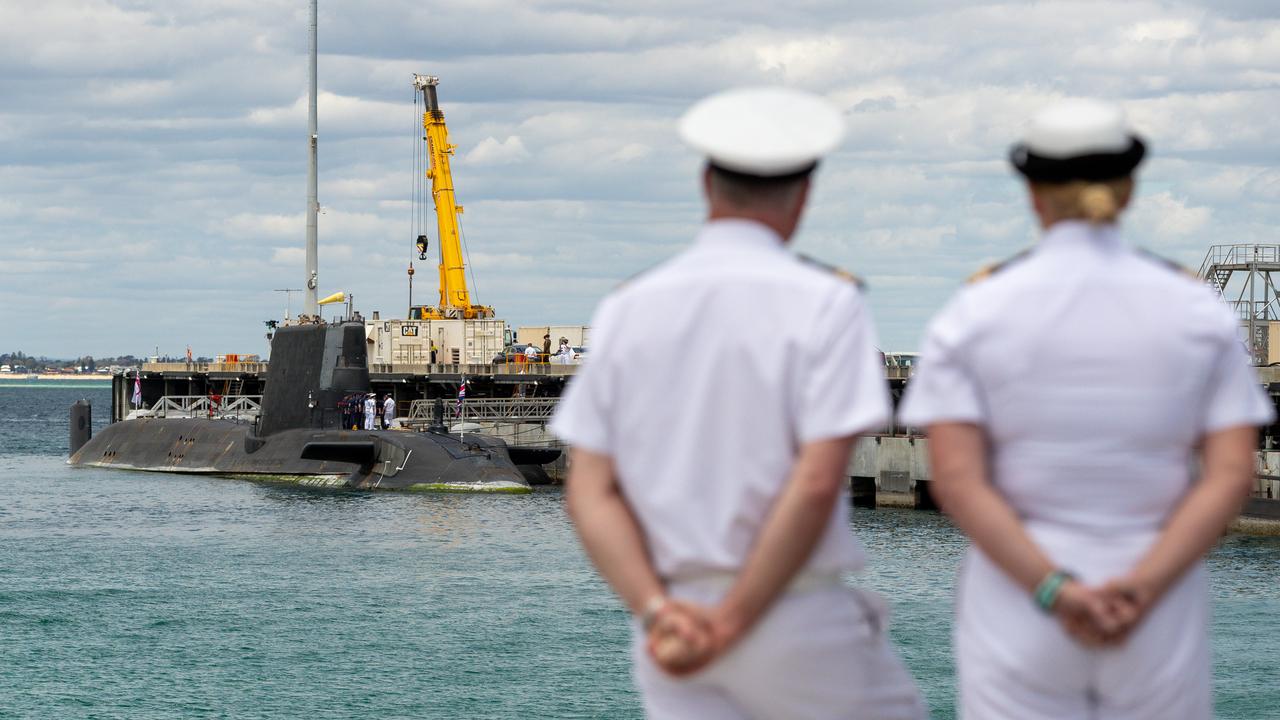
The UK’s Carrier Strike Group, led by the Royal Navy flagship HMS Prince of Wales, arrived in Darwin on Wednesday during Talisman Sabre multi-nation military exercises hosted by Australia.
It’s the first UK carrier strike group to visit Australia since 1997.
The international task group includes five core ships, 24 jets and 17 helicopters, centred on the flagship aircraft carrier.
Mr Marles and Senator Wong will on Sunday join their UK counterparts in Darwin to observe the group in action.
UK High Commissioner Sarah MacIntosh said the strike group’s arrival was a demonstration of commitment to the region and the strong relationship with Canberra.
“This is an anchor relationship in a contested world,” she said.
Australian Associated Press is the beating heart of Australian news. AAP is Australia’s only independent national newswire and has been delivering accurate, reliable and fast news content to the media industry, government and corporate sector for 85 years. We keep Australia informed.
